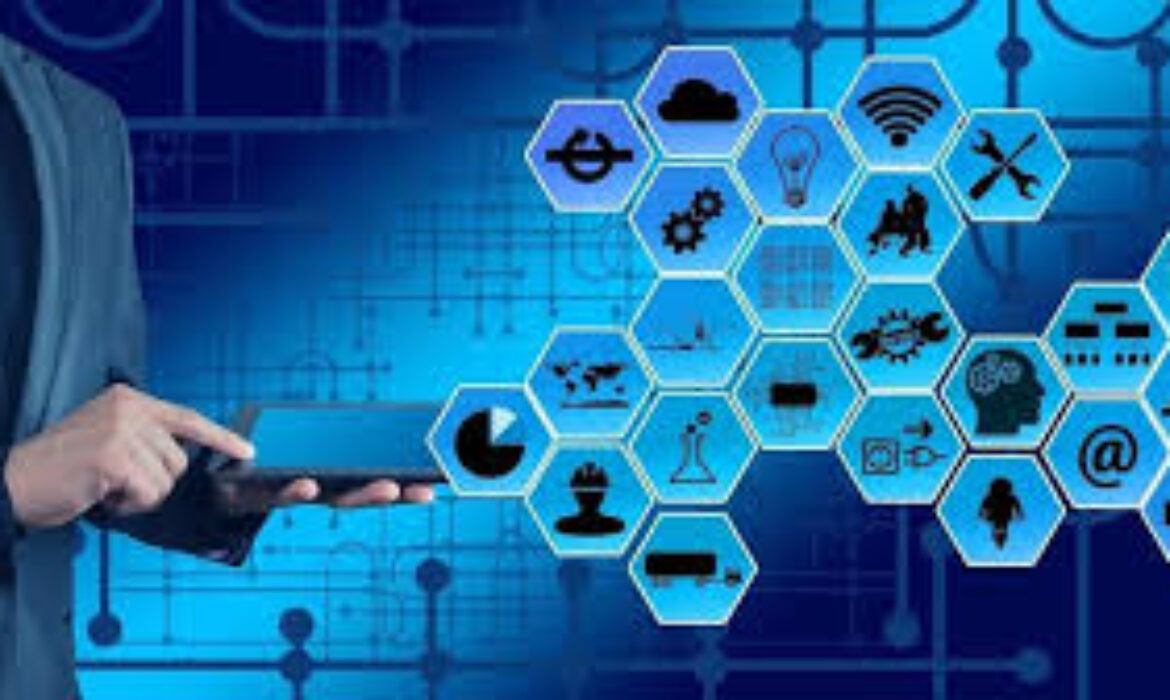
The internet is a beautiful place full of information at the click of the button. You can look up nearly anything you want and you can communicate with anyone from anywhere around the world. While we know the role of internet providers as delivering us high speed internet, their role extends farther than that; to keep us safe and to abide by local and federal laws. They shape our online experience, up to and including the ability to control and restrict access to certain online content, otherwise known as internet censorship.
Internet censorship is a complicated subject, but we’re going to take a basic into what it is and its pros and cons. By the end of this article, you’ll have a basic understanding of internet censorship and a general idea of your internet provider’s role in it.
Understanding Internet Censorship
Internet censorship is the control or suppression of what can be accessed on the internet. While censorship can take many forms from extreme government-imposed restrictions to light workplace content filtering; the goal is usually the same. Controlling the flow of illegal and inappropriate content.
Where Internet Censorship Happens Now
Internet censorship doesn’t just happen in North Korea and China. It happens everywhere and you’ve most likely experienced it before, just at a lower level. Places like work, school, and the public library are all censoring their internet connection.
- At Work: Most businesses have filters to prevent their employees from viewing inappropriate content in the workplace. It isn’t just to avoid an HR problem, but also to keep their workers on task – hopefully improving their productivity.
- At School: Schools have always had some level of censorship since internet access has been made available in schools. It’s to keep their students safe while allowing them access to new technology.
- At The Public Library: Public libraries are a wonderful community resource. Most have computers you can use and even have free Wi-Fi access to those that have a library card. All of them with these benefits have strict censors to make sure content accessed inside their walls is family friendly and appropriate for anyone to see.
- At Home: As a parent you can set up parental controls to block sites or keywords you don’t want your children looking at. You can use the parental control features available on your wireless service router or subscribe to a service. Services cost what you’d expect a typical online subscription to cost; anywhere from $3 to $15 a month.
What Is Typically Blocked
Everything that is typically blocked are topics that are age restricted or in some kind of way political. Here’s the kind of topics that are usually blocked:
- Drugs
- Gambling
- News
- Pornography
- Politics
- Violence
- Weapons
But all methods of internet censorship aren’t foolproof or completely accurate. Sometimes it does catch websites as a topic that it shouldn’t. Unfortunately for most of us, there isn’t a way around a false flag.
Pros Of Internet Censorship
Internet censorship is largely seen as a negative thing. However, when implemented correctly, it protects vulnerable people. It serves as a protective barrier against fake news, illegal activities and most notably kids accessing age inappropriate information.
Cons Of Internet Censorship
For tech savvy web users, internet censorship is a nuisance and can potentially become a very big social problem. Censorship at its most basic concept violates freedom of speech and expression. In countries where it’s illegal to speak negatively about their government, a simple social media post or email can be enough to be arrested and jailed.
The Role Of Internet Providers
At the end of the day internet providers have to abide by local and federal laws and regulations. Some internet service providers maintain a list of blacklisted websites and block access to them. It is their right to do so. While internet providers don’t want to take on regulating the internet. It’s mostly blocking access to explicit and illegal content; for example the dark web.



